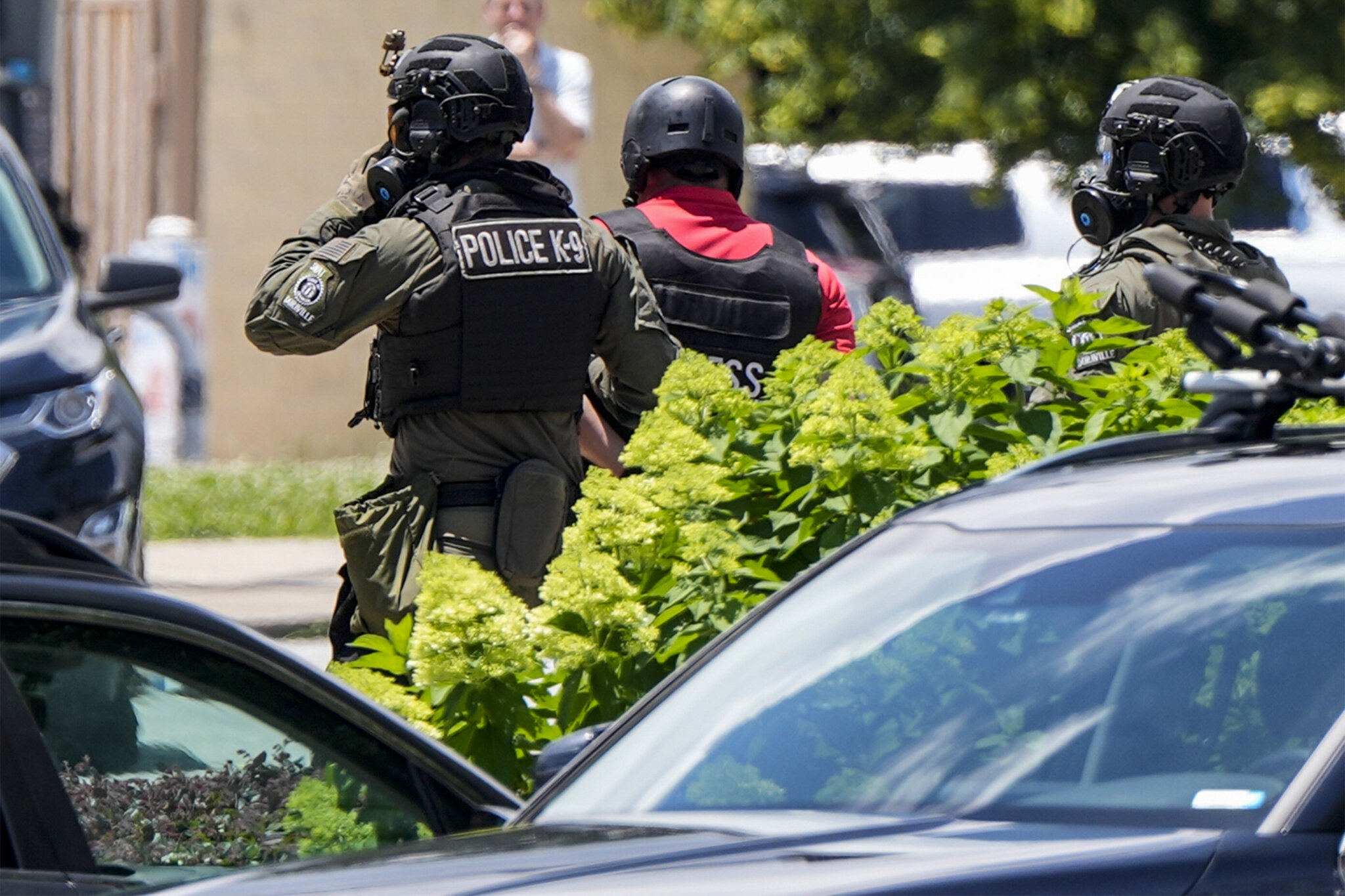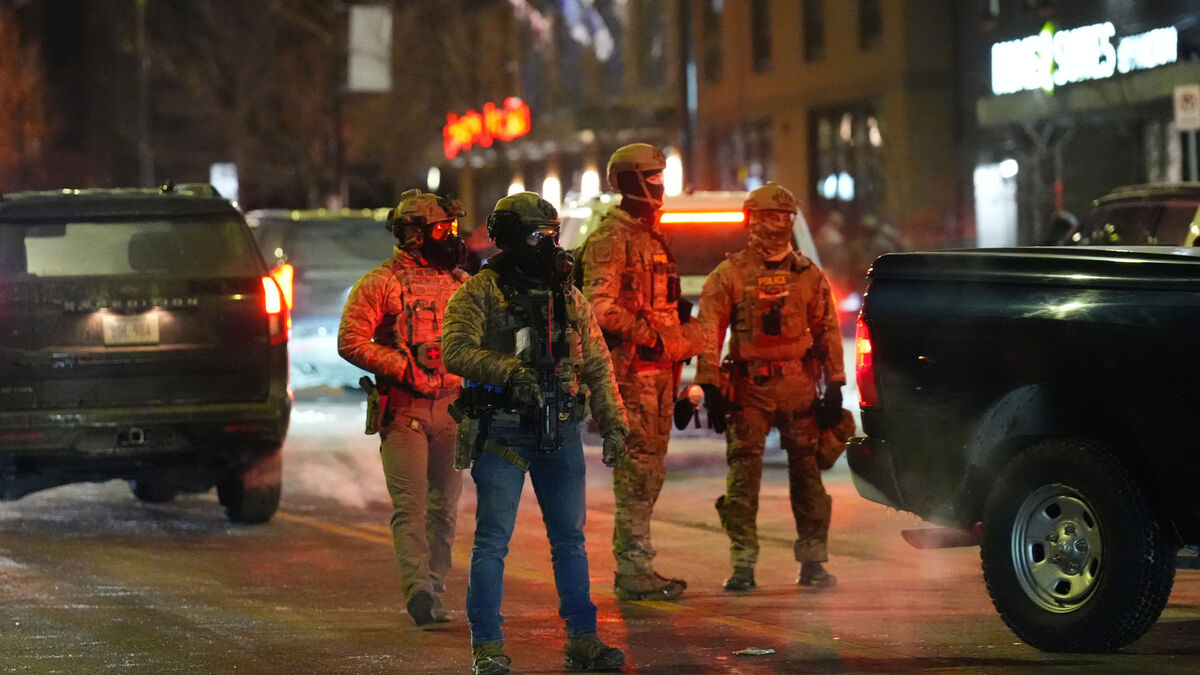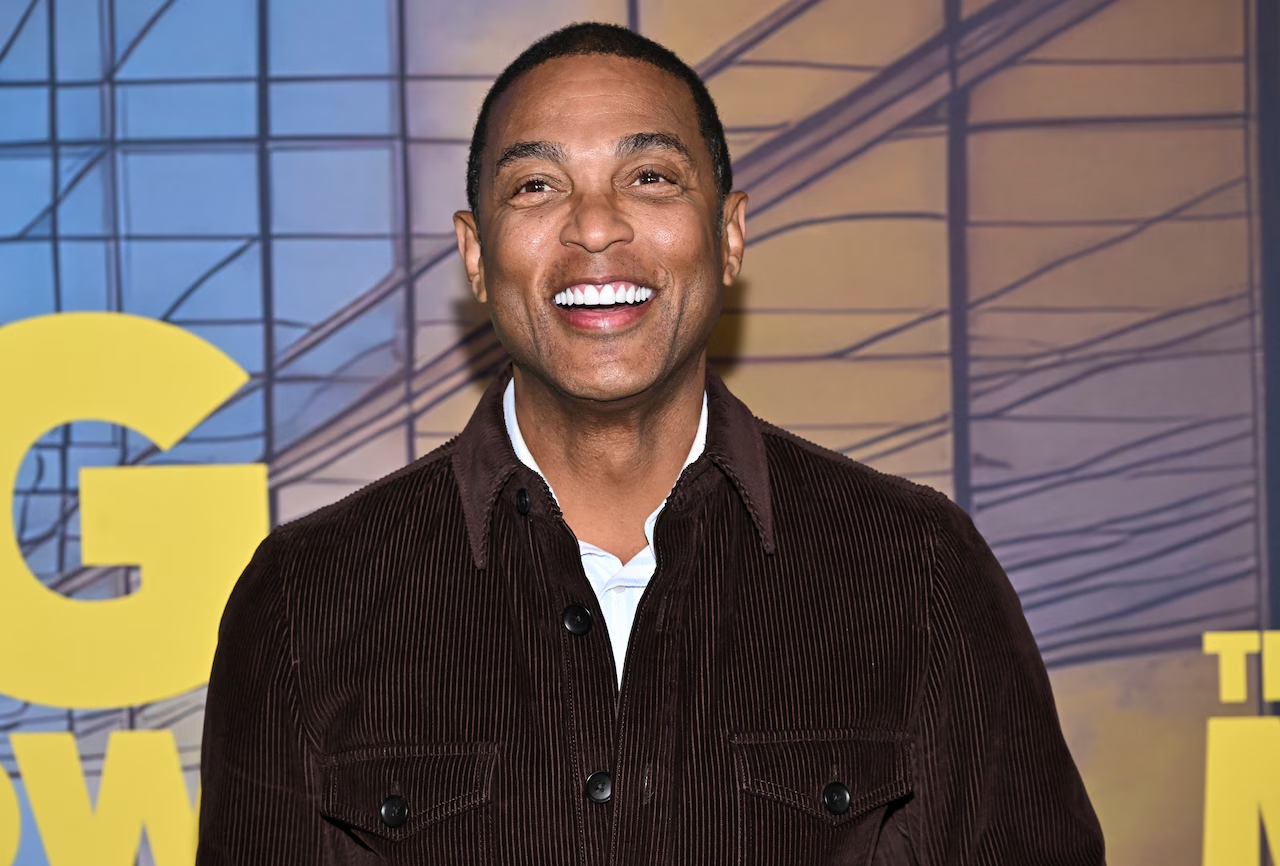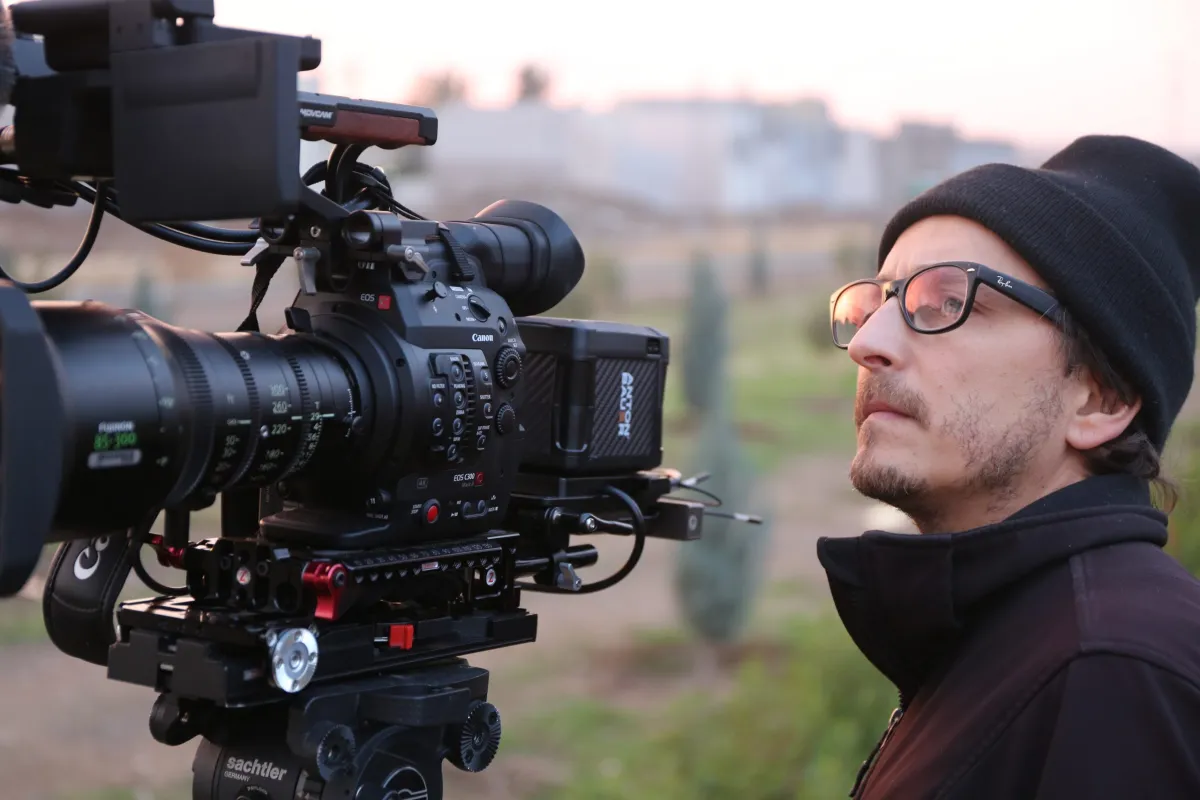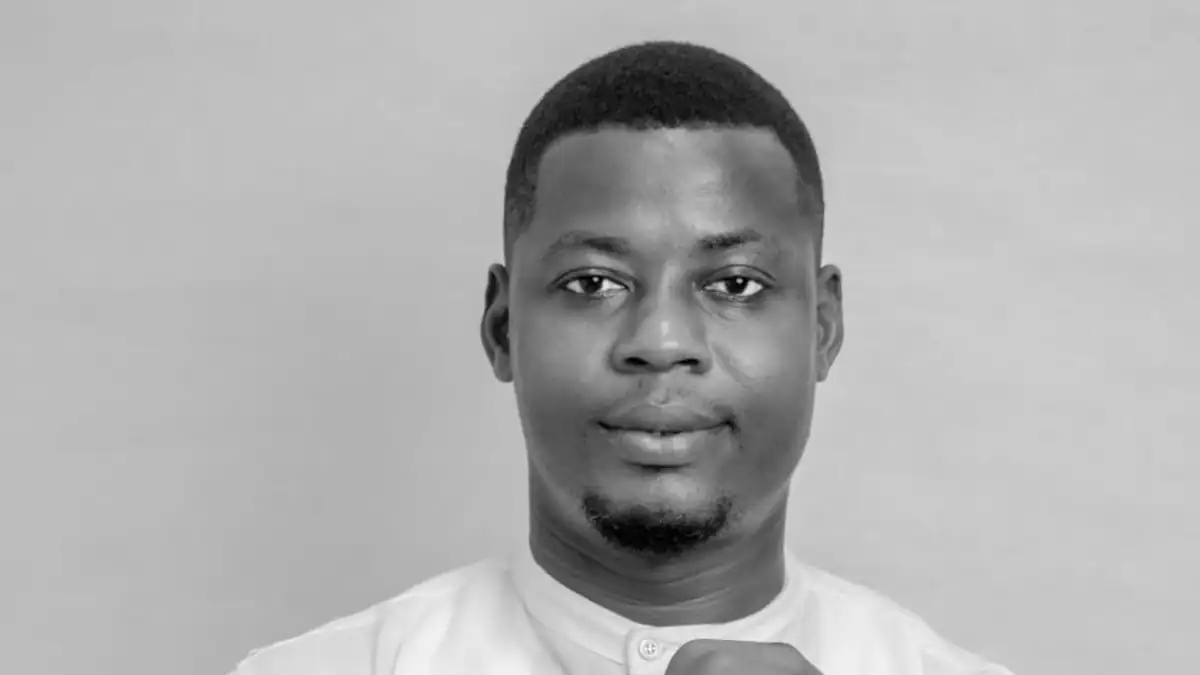
Ivorian “Trap” Leads to Forced Extradition and Imprisonment of Refugee‑Journalist Hugues Comlan Sosoukpe
July 14, 2025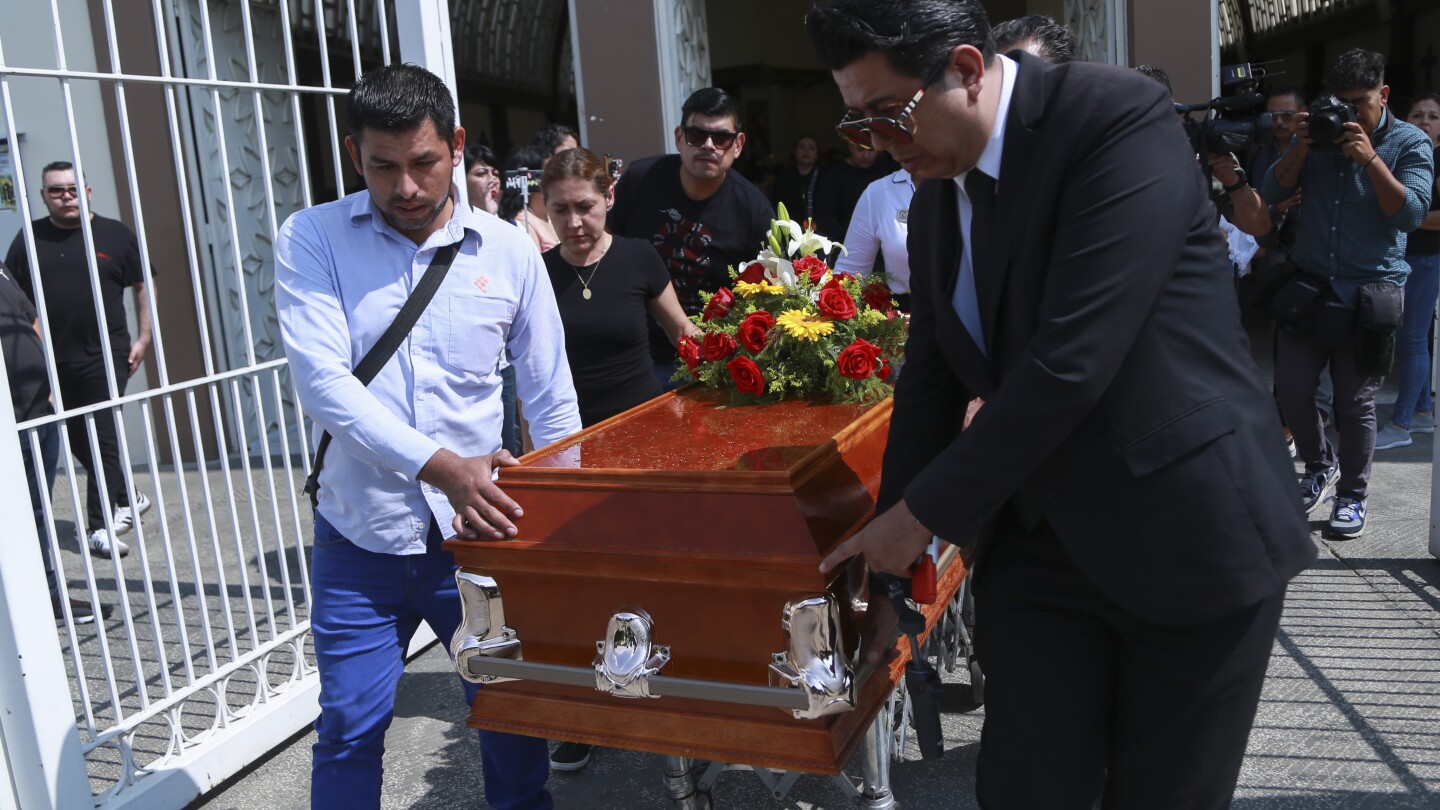
Mexican Media Workers Ángel Sevilla and Ronald Paz Pedro Killed in Separate Attacks Amid Rising Violence Against Journalists
July 14, 2025July 14, 2025 – USA –
Foreign journalists working and studying in the United States are increasingly engaging in self-censorship, fearing retaliation from immigration authorities and political targeting under Donald Trump’s renewed administration. A growing number of international reporters, especially those on student or work visas, are altering their professional behavior to avoid scrutiny that could endanger their legal status or personal safety.
According to recent reports, many foreign-born journalists are deleting social media posts, removing bylines from sensitive stories, and avoiding controversial topics, especially criticism of the U.S. government or coverage related to their home countries’ political situations. For student journalists in particular, the fear of visa revocation has become a driving force behind their silence. This comes amid a sharp uptick in deportations and visa cancellations, with more than 1,300 student visas revoked in recent months.
Journalists working for U.S.-funded international outlets such as Voice of America and Radio Free Asia have been especially vulnerable. Budget cuts and leadership changes at the U.S. Agency for Global Media have jeopardized protections for many of its employees, leaving some at risk of deportation to authoritarian regimes they fled.
The chilling effect extends to college newsrooms, where editors are being pressured to hide international students’ identities or censor political stories. Some campus publications now avoid publishing politically sensitive work by foreign students altogether.
Media advocacy groups like the Committee to Protect Journalists Poynter(CPJ) and Reporters Without Borders have condemned the climate of fear, warning that it undermines U.S. press freedom. Legal and academic institutions are beginning to respond, offering workshops on digital safety and legal rights, while urging newsroom leadership to support vulnerable staff.
This wave of self-censorship among foreign journalists highlights a broader erosion of journalistic freedom in the U.S., traditionally seen as a global beacon of free expression. With fewer diverse voices in the media, public discourse suffers, particularly on global issues where foreign perspectives are essential. As legal uncertainties grow, the safety and integrity of immigrant journalists remain increasingly precarious.
Reference –

